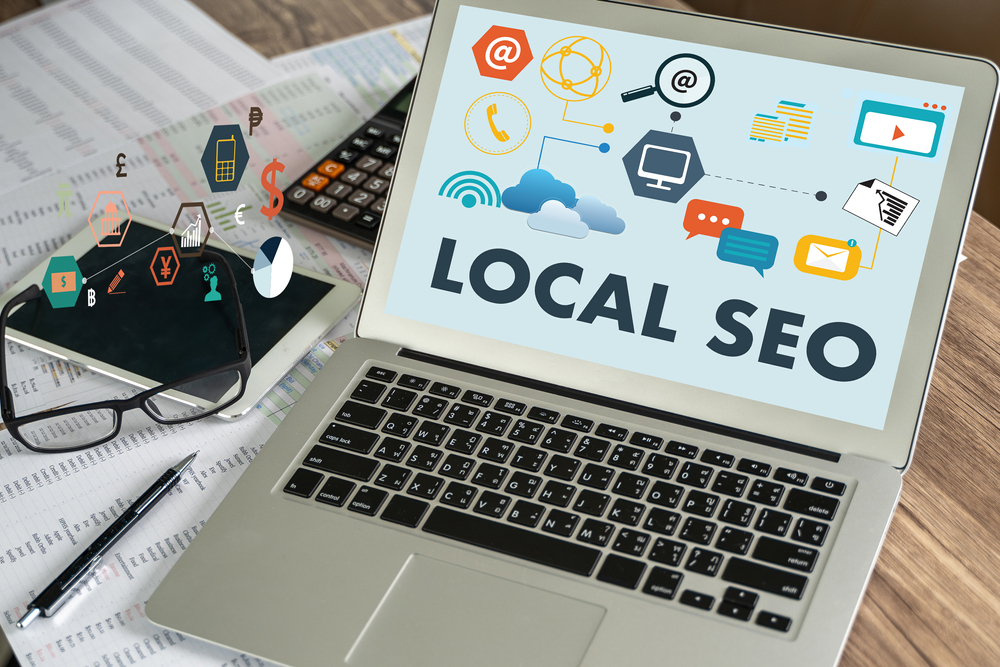Local SEO for New Businesses: Getting Started
In the modern digital era, establishing a strong online presence is crucial for new businesses. One of the most effective strategies to achieve this is through Local SEO (Search Engine Optimization). Local SEO focuses on optimizing your business’s online presence to attract more customers from relevant local searches. This guide will walk you through how to get started with local SEO and help your new business stand out in the competitive market.
What is Local SEO?
Local SEO involves optimizing your website and online presence to increase visibility in localized search results. When potential customers search for products or services within their area, businesses that have effectively implemented local SEO strategies are more likely to appear in these search results. Key elements of local SEO include:
- Google My Business (GMB) Optimization: Ensuring your GMB listing is complete and accurate.
- Local Citations: Consistently listing your business name, address, and phone number (NAP) across various online directories.
- Reviews and Ratings: Encouraging satisfied customers to leave positive reviews on platforms like Google and Yelp.
- Localized Content: Creating content that addresses local issues, events, or interests.
Why Local SEO is Crucial for New Businesses
Increased Online Visibility
Local SEO helps new businesses appear in local search results and on Google Maps, making it easier for potential customers to find them. Enhanced visibility directly correlates with increased traffic, both online and foot traffic in physical stores.
Targeted Traffic
Local SEO attracts highly targeted traffic by focusing on specific geographic locations. This means the people visiting your website or store are more likely to be interested in your products or services, increasing the chances of conversion.
Higher Conversion Rates
When potential customers see a business prominently featured in local search results with positive reviews, they are more likely to trust and choose that business over competitors. The local nature of these searches also means users are typically ready to make a purchase, leading to higher conversion rates.
Cost-Effective Marketing
Compared to traditional advertising methods, local SEO is relatively cost-effective. While there are costs associated with optimizing your website and managing local listings, the return on investment (ROI) is often higher due to the targeted nature of the traffic it generates.
Enhanced Brand Awareness and Trust
Appearing in local search results and directories repeatedly builds brand awareness within the community. Additionally, positive reviews and high ratings contribute to a sense of trust and credibility, encouraging more customers to choose your business.
Competitive Advantage
Local SEO can give small and medium-sized businesses a competitive edge over larger corporations that may not focus on localized marketing efforts. By dominating local search results, smaller businesses can attract customers who prefer to support local enterprises.
Getting Started with Local SEO
Optimize Your Google My Business Profile
Ensure your GMB profile is complete, accurate, and regularly updated. Include photos, business hours, and respond to reviews to engage with customers. For a comprehensive guide, check out Moz’s Local SEO Guide.

Consistent NAP Information
Make sure your business name, address, and phone number are consistent across all online platforms and directories. This consistency helps search engines verify the legitimacy and accuracy of your business information.
Local Keyword Optimization
Incorporate local keywords into your website content, meta descriptions, and titles. Use tools like Google’s Keyword Planner to identify relevant local search terms. For more insights on keyword optimization, visit Search Engine Journal.
Encourage Customer Reviews
Actively encourage satisfied customers to leave positive reviews on your GMB profile and other review sites. Respond to reviews to show that you value customer feedback.
Create Localized Content
Develop blog posts, articles, and other content that addresses local events, news, or topics of interest to your community. Localized content can significantly enhance your relevance to local search queries.
Leveraging Local SEO for Long-Term Success
Regularly Update Your Listings
Ensure that all your online listings, including Google My Business, are regularly updated with the latest information about your business. This includes changes in business hours, new services, or special promotions.
Monitor and Respond to Reviews
Consistently monitor your online reviews and respond promptly. Engaging with customers shows that you value their feedback and helps build trust with potential customers.
Use Analytics to Track Progress
Utilize tools like Google Analytics and Google Search Console to track your local SEO performance. Analyzing data such as traffic sources, user behavior, and conversion rates will help you refine your strategies for better results.
Network with Local Businesses
Form partnerships with other local businesses to boost your visibility. Cross-promotions, local events, and community involvement can enhance your local presence and attract more customers.
Conclusion
Local SEO is a powerful tool for driving business growth in today’s digital landscape. By enhancing online visibility, attracting targeted traffic, and building trust within the community, local SEO helps new businesses connect with potential customers in their area. Implementing effective local SEO strategies can lead to higher conversion rates, cost-effective marketing, and a competitive edge, ultimately contributing to long-term business success. For businesses looking to thrive in their local markets, investing in local SEO is not just an option—it’s a necessity.
For more information on how to optimize your online presence and drive business growth, feel free to contact us.
To learn more about effective local SEO strategies, check out this comprehensive guide by Moz or this resource from Search Engine Journal.

